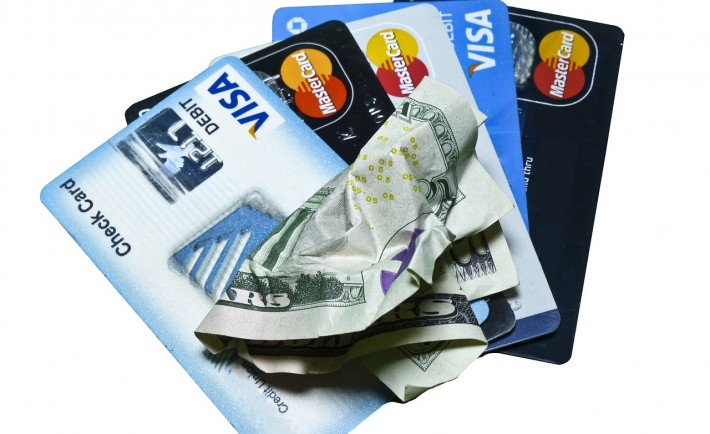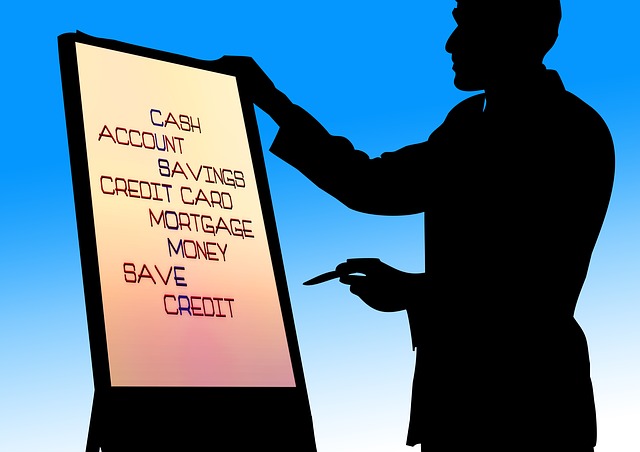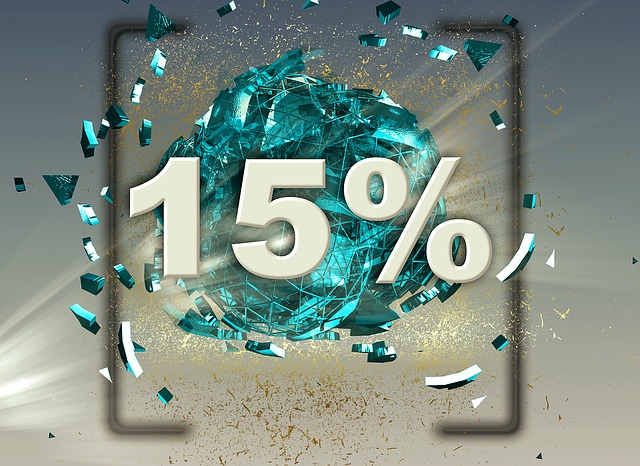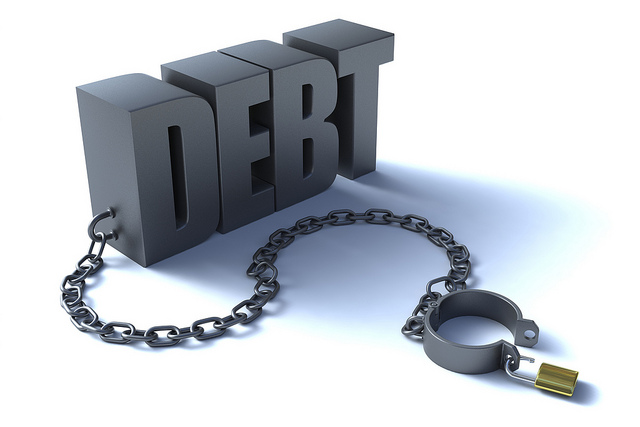Family gatherings and friendly reunions can be less awkward if you follow these tips:
DO FIGURE OUT THE WEIGHT OF REPAYMENTS
A friend or a family member asked for financial help from you instead of loaning from a credible financial institution. Before anything else, you must ask yourself about how important it is for a person to repay you. Are prompt payments necessary or will intermittent payments work?
Keep in mind that if an individual approaches you, it is typically due to weaker credit history. This means that there is a risk of not receiving the repayment. You must figure out the weight of repayments earlier on before emotions get in the way.
DO NOT EXPECT FOR ANYTHING IN RETURN
When you do good deeds for others, it best to not expect anything in return. There is nothing wrong with earning the cash you previously had. However, you may feel disappointment if you are expecting more than what you have agreed upon.
Reciprocity is not a part of everybody’s values. This is why it is unfair to place personal expectations on unsuspecting family members or friends. This statement does not only apply to loans.
DO GET EVERYTHING IN WRITING
If you are releasing a relatively large sum of money or if you are strict on full repayment then, you must get everything in writing. Make an agreement that states the terms of the loan. This agreement is called a promissory note. Have the promissory note signed by both parties and and a lawyer (if possible). This will ensure that pursuit of legal actions when necessary.
You may also document the entire process before handing over the money.
DO NOT BE TERRIFIED TO SAY “NO!”
Your hard-earned money belongs to you and you are in charge of it. If you do not feel comfortable in lending money to a friend or a family member then, be assertive. Genuinely say that you cannot loan the money at the moment due to your financial responsibilities. Discuss the matter in a mature manner.
People who care about you will understand. If they take it against you, you may be better off without them.
DO OFFER GENTLE REMINDERS
All was said and done. To approach the situation in a warmer light in respect to your relationship with the borrow, offer gentle reminders instead of asking direct questions. You are not in the business of interrogating or threatening people about repayment. Instead, you want to cultivate an smoother discussion.











